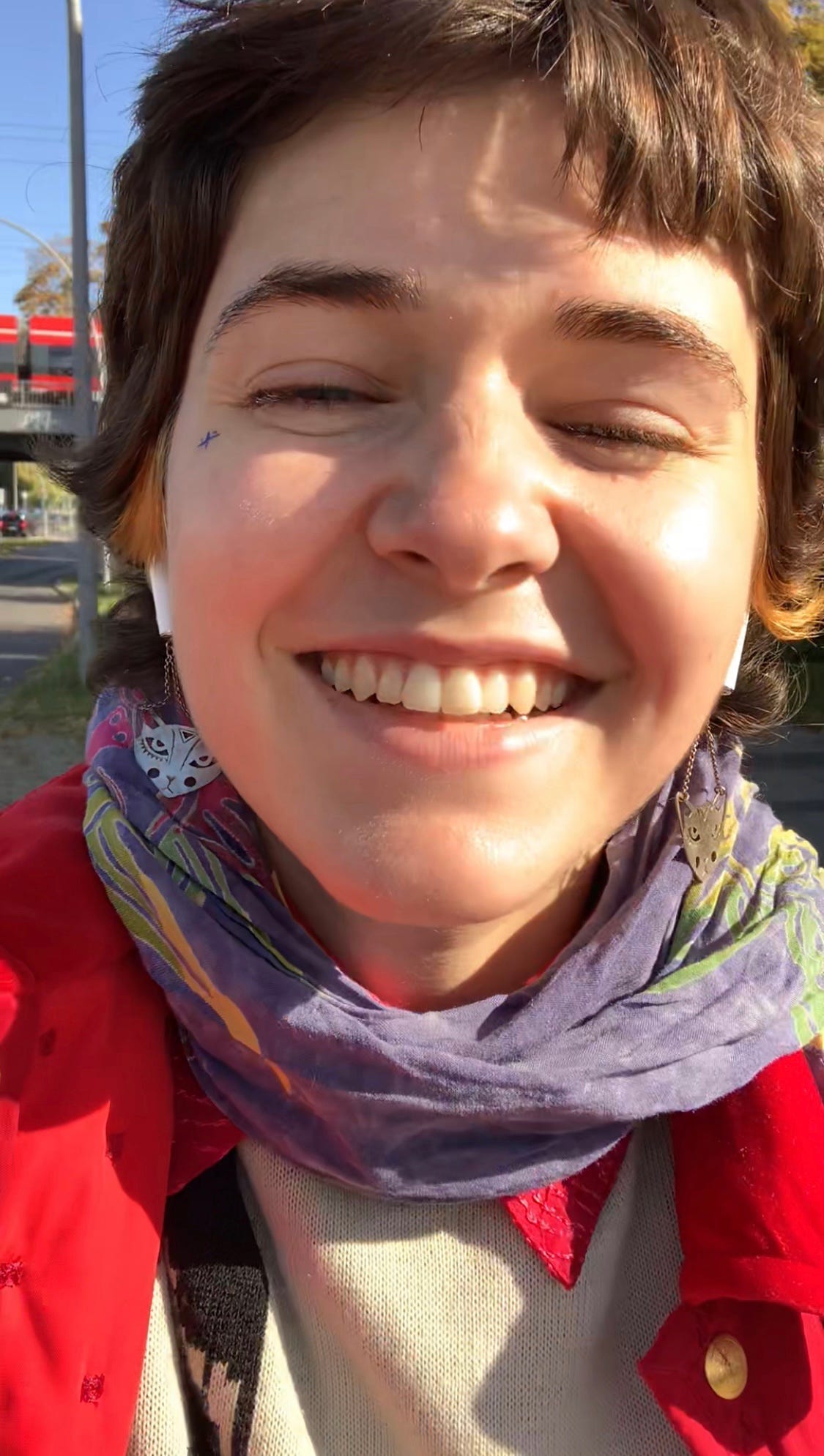Imagine a world where we teach young kids how to communicate with each other, make decisions, embrace their exuberance, and manage their emotions. This is happiness’ basics. Imagine those kids becoming tomorrow’s leaders.
I want to live in that world; and today I want to be part of the people making it a reality.
With more challenges than ever needing to be solved by humanity [1], we must teach our youngest generations the art of soft skills. Those are the skills that, whatever the world will look like, and whatever they want to specialize in in the future, will stay crucially useful [2].
In the professional world, the need for these skills is obvious. Countless articles explain why you should develop them for any position you’re interested in. But the world of education still struggles to make space for them and to teach them within their classrooms.
Why? Well, as a general rule the world of institutionalized education has a hard time evolving [3]. But there’s something more to the soft skills case.
Soft skills = wellbeing
According to Carol Ryff [4], wellbeing is a combination of autonomy, environmental mastery, personal growth, positive relationships with others, purpose in life, and self-acceptance. All of these are additional words to describe soft skills!
Our culture has been at war with wellbeing for centuries. Happiness is often associated with laziness or idiocy. Flaubert said, “To be stupid, selfish, and have good health are three requirements for happiness, though if stupidity is lacking, all is lost.” He’s not the only one to think that way. Many intellectuals have repeated the same sentiment. And even with a recent rise in awareness regarding mental health, we’re still far from getting rid of the conditioning we all grew up with.
In Naval's podcast "If You're So Smart, Why Aren't You Happy?", he rightly points out a belief that many of us have about happiness: "If I become too happy, I will lose my drive." But wellbeing is strongly related to having a sense of purpose – which leads me to think that it's actually the opposite! A sense of meaning is the greatest motor for continuing to build. Research also shows that happy students and workers are more likely to be creative, make better decisions and perform better [5].
We adults need to watch out for ourselves. We’ve been conditioned to feel guilty about feeling good.
What is our role in teaching our kids how to be happy?
There are two ways to teach kids about wellbeing: literally teaching them about it, and embodying it ourselves!
If we embody the contrary of wellbeing, demonstrating chronic stress, isolation from others, a lack of meaning in our professional activity, no learning stimulation… that will absolutely impact our young peeps and shape their beliefs about how to live [6]. Argh.
That means we have a big responsibility to do the work ourselves. And don’t even dare to think that it’s too late for you to learn those foundational skills…
Wellbeing can be learned no matter one’s age
Wellbeing can be improved just as you can improve your physical health with exercise. Here’s a list of my favorite resources, for you and your kids, to develop wellbeing:
-A short & practical book: Critical Thinking In A Nutshell: How To Become An Independent Thinker And Make Intelligent Decisions
-An experience: traveling solo in a place that will challenge your comfort zone
-An activity: journaling
-A type of counseling: expressive art therapy
-A guided meditation: R.A.I.N meditation
-An activity: find people to teach what you know!
-A communication model: Non-Violent communication
-An activity: acro yoga
-Kids only-
An alternative to traditional K-12 school: Democratic schools
An activity for learning problem solving & team work, ages 8-14: Synthesis
An activity for developing hobbies in a community, ages 9-18: Primer
Improving your wellbeing doesn’t only model embodied happiness for your kids. It will also teach them resilience and self-improvement, showing that their parents are lifelong learners. Plus, proposing activities that will specifically teach them those skills will help them master their human journey. What are you waiting for?
Thanks for reading!
From the Internet by Zelda :-)
Subscribe for more like this every week:
Hey it’s me! It’s Zelda; I’ve been writing about people’s wellness & education since I was 14. The unsatisfied child that I was keeps inspiring me to build the future of education. Share with me your thoughts here: zeldapoem@gmail.com
Sources:
[1] https://21stcenturylab.lincoln.ac.uk/ten-grand-challenges/
[2] https://www.forbes.com/sites/bernardmarr/2022/09/12/top-16-essential-soft-skills-for-the-future-of-work/?sh=23815fdd6151
[3] https://afabrega.com/my-blog/our-education-system
[4] https://en.wikipedia.org/wiki/Six-factor_Model_of_Psychological_Well-being
[5] https://www.amazon.com/Happiness-Unlocking-Mysteries-Psychological-Wealth-dp-1405146613/dp/1405146613/ref=mt_other?_encoding=UTF8&me=&qid=
[6] https://psychcentral.com/news/2018/05/27/modeling-behavior-for-children-has-long-lasting-effects#3




